I have an issue that I've figured out how to fix but I want to understand why it doesn't work -- because it makes no sense to me. Here's a minimal example that demonstrates my issue:
import XCTest
import CoreLocation
class ExampleTests: XCTestCase {
var okay: ext!
// this test works fine
func testOkay(){
okay = ext()
XCTAssertNotNil(okay)
}
// this test crashes with EXC_BAD_ACCESS(code=1, address=0x10)
func testNotOkay(){
let notOkay: ext
notOkay = ext()
XCTAssertNotNil(notOkay)
}
}
extension ExampleTests {
class ext : CLPlacemark{
}
}
I'm following a book to develop a simple TodoList application that uses CoreLocation to geocode addresses. As part of testing, I had to create a mock CLPlacemark object to test the geocoding functionality.
In the book, I was told I had to declare a variable for this mock as a property of the Test class because otherwise "the test would crash since the place mark is accessed outside of its definition scope."
This can be seen in the example above. testOkay() works fine because okay was declared as a class property. testNotOkay() crashes with an EXC_BAD_ACCESS error, because I've tried to instantiate a new instance of ext within the function.
Now, if I do not extend CLPlacemark, the problem goes away -- i.e. I can declare variables of type ext in a function or as a property of the class with no issues.
What is going on here? I see no reason why the second example should crash while the first one works. In my actual code, it seems frivolous to declare my mock placemark instances as class properties when they're only used in one or two functions. There must be something I don't understand about Swift that is causing this problem.
Thanks!!
